Pien Metaal: ‘A global consensus on drugs feels further away than ever’
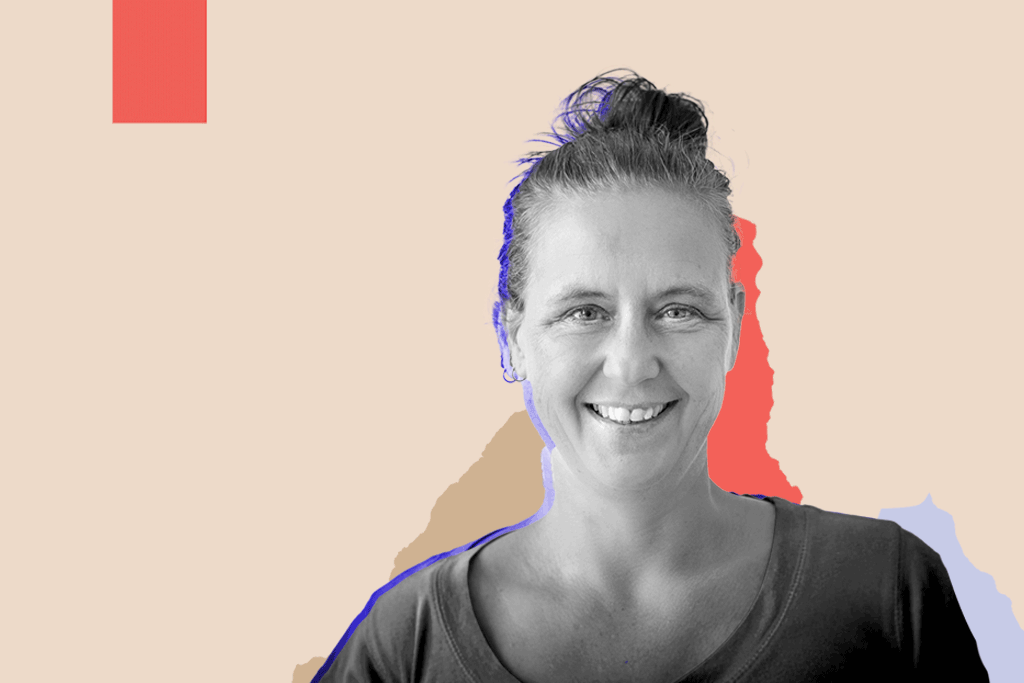
While some say the “war on drugs” leads to widespread human rights violations, others claim it is the only way to combat powerful crime organisations. Meanwhile, nothing seems to be working to stop the expansion of illicit drugs, which are as popular as ever. We spoke to an expert about the present, and the future, of a complex debate.
Adam Isacson: ‘You can’t have organized crime decide how many people cross the Darien Gap’
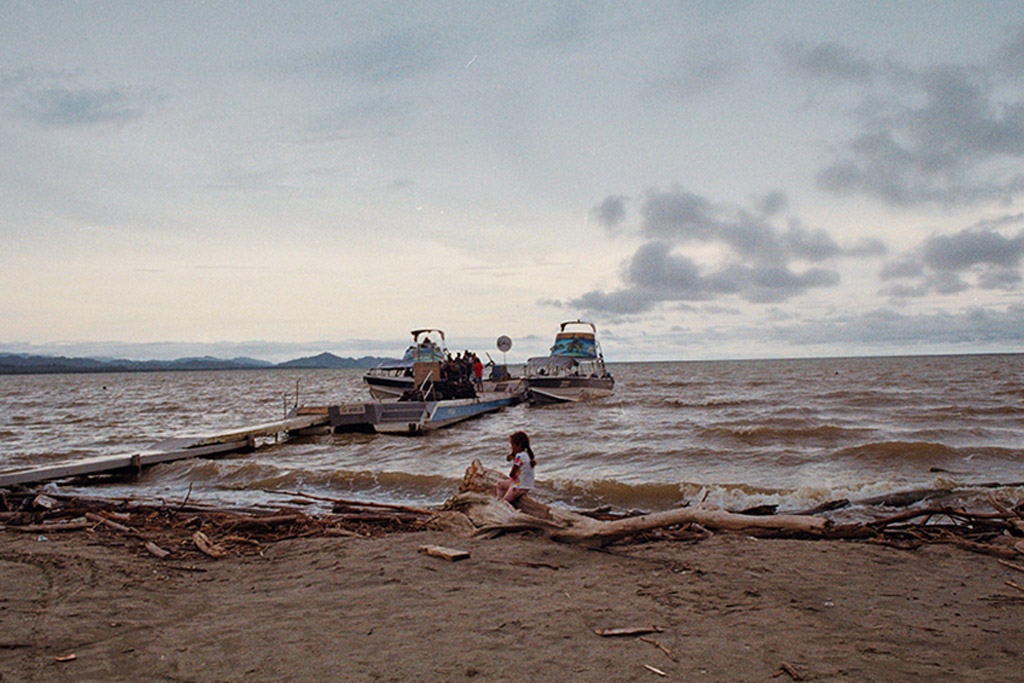
The last decade has seen an explosion in the number of people attempting to cross the Darien Gap, as they flee poverty and violence.
Pia Greene Meersohn: ‘The answer is neither jail for everyone nor jail for no one’
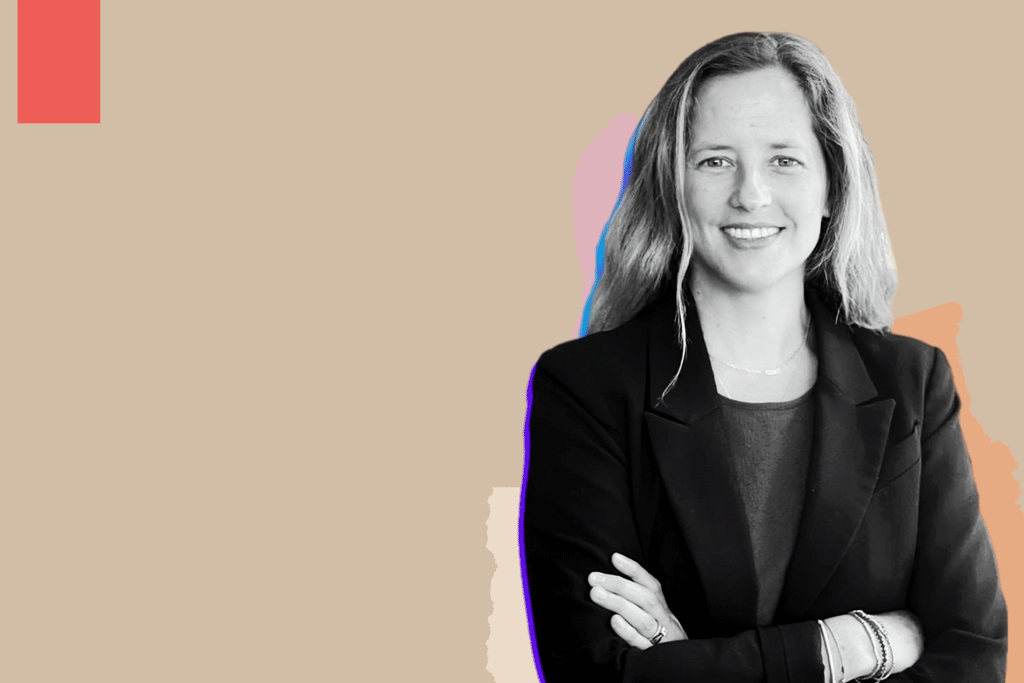
Chile’s criminal landscape changed dramatically since the COVID-19 pandemic. From a country where most crime was petty theft, it has shifted to one where homicides, kidnappings and shark loans, typical markets managed by organised crime groups are ever present. We explore some of the reasons behind the change in dynamics.
Organised crime is in a process of transformation
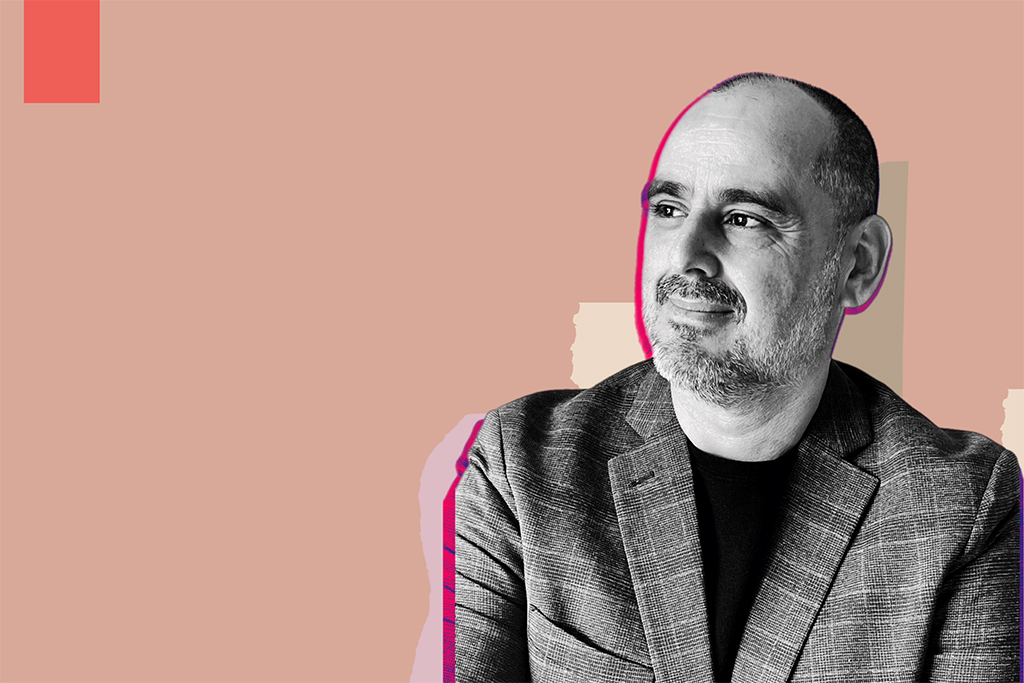
The rapid expansion of the Tren de Aragua into previously peaceful countries like Chile has raised many questions about the future of organised crime in Latin America, the world’s most violent region, and the best ways to tackle it. A former police officer and researcher explains that better diagnosis of the problems is key.
Ronna Rísquez: “Regional cooperation is key to stopping groups like the Tren de Aragua”
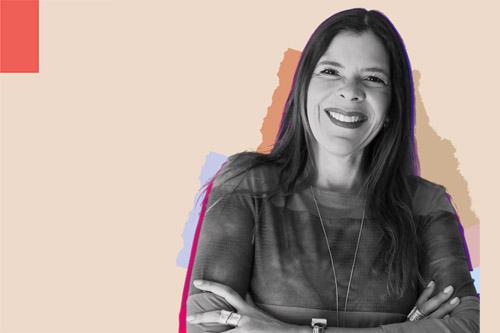
From a prison mega-gang in Venezuela to an international organisation, the Tren de Aragua has had a unique criminal journey, even for Latin America. Investigative journalist and In.Visibles co-founder, Ronna Rísquez, reflects on the past, present and future of the group everybody is obsessed with.
Ecuador Criminal logic moves faster than governmental logic
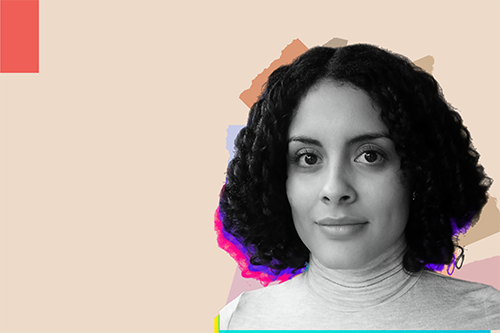
Expert Glaeldys González Calanche sheds light on the complex criminal puzzle that Ecuador has become. She reflects on the impact of the penitentiary crisis, the rise of drug trafficking and the endemic corruption that has shaken a country once considered ‘the island of peace’.
Pamela Huerta: ‘Drug Traffickers Have the Upper Hand”

Coca leaf cultivation increased by 18 percent between 2021 and 2022 in Peru, mainly around Amazon borderlands. We spoke to journalist Pamela Huerta about the impact this has had on local communities and on the environment.
Bram Ebus: ‘Organized crime uses the Amazon to expand’
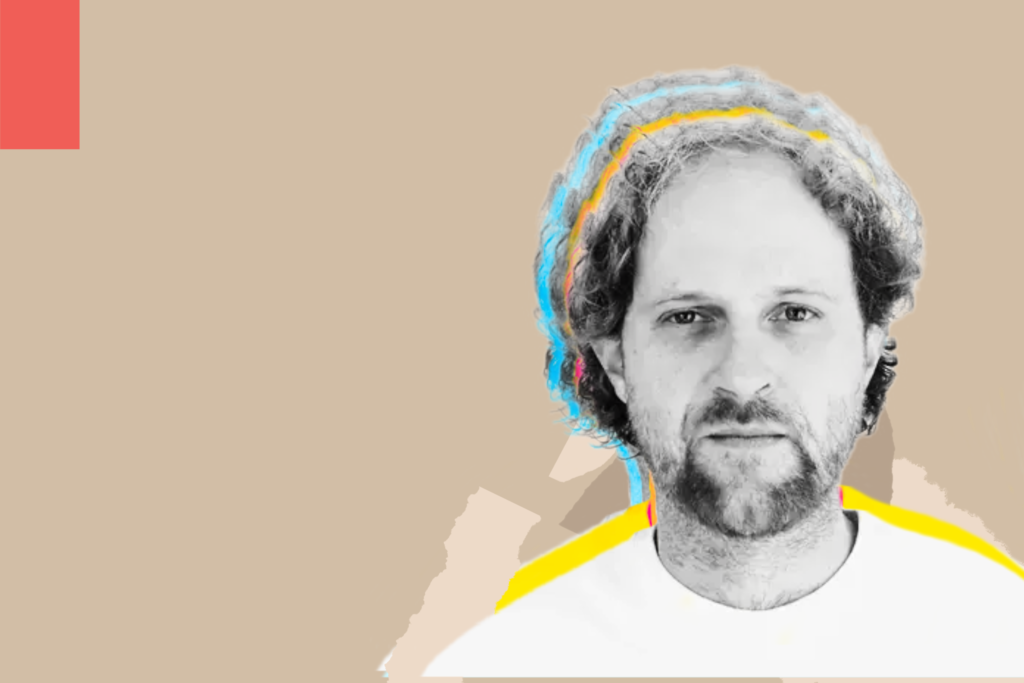
We spoke with Bram Ebus, journalist and leader of Amazon Underworld, an investigative project that explores the criminal dynamics in the area, as well as their impact on the environment and its inhabitants.
Claudia Cardona: ‘Every Sentence is a Life Sentence’
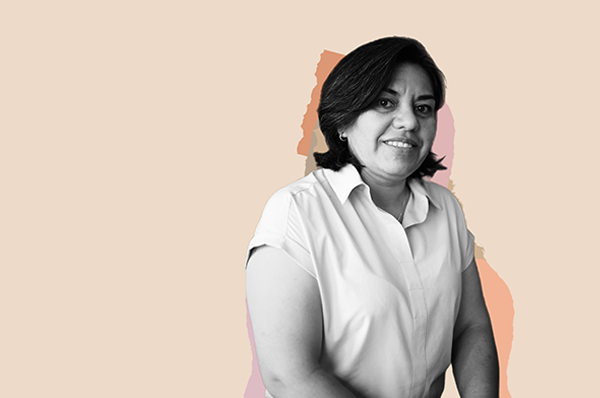
In Colombia, one out of every three women deprived of their liberty was accused of crimes related to drug trafficking. Their situation doesn’t always improve when they are released from prison.
Baz Dreisinger: ‘Prisons don’t make sense’
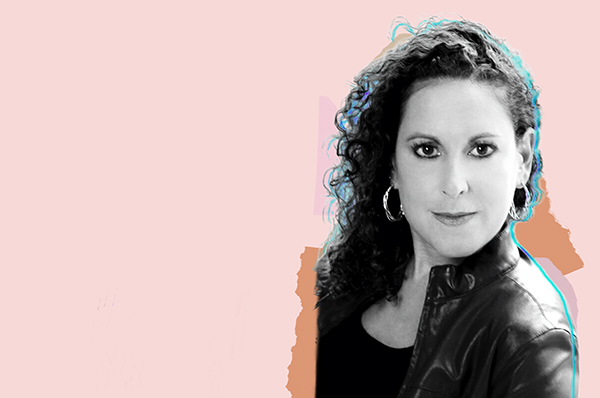
Baz Dreisinger, journalist and author of Incarceration Nations, argues that prisons fail to halt crime, and proposes alternative models of justice.
Coletta Youngers: ‘Drug Policies Punish Women’
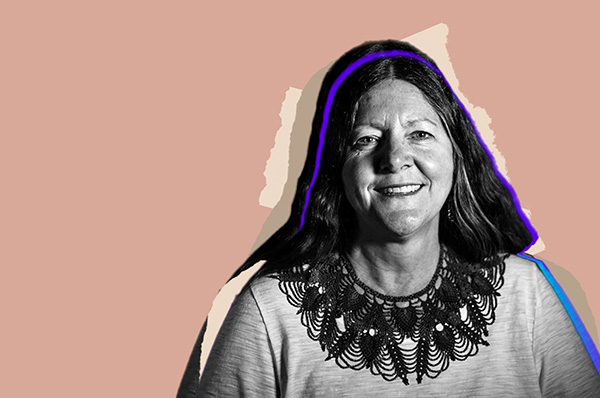
Marginalized women make up for the fastest- growing prison population in Latin America, most held on non-violent drug trafficking charges. We spoke with Coletta Youngers about this silent crisis.
